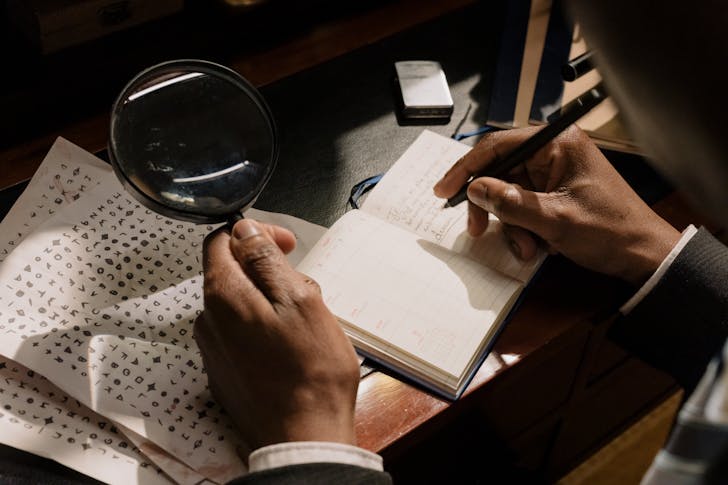Check All the Local Requirements
The first thing you need to know about how to become a detective is that every region has its own rules. Some areas might require you to serve as a police officer first, while others may allow civilian detectives. Start by researching the qualifications in your city or state.
Once you know the requirements, you can plan your journey accordingly. If law enforcement experience is necessary, prepare to join the police academy. If not, you may be able to jump straight into detective training programs.
Either way, understanding the specific regulations where you live is key to getting started on the right foot.
Secure a High School Diploma or GED
At the very least, you will need a high school diploma or a GED. It might seem basic, but it is a vital step in learning how to become a detective. This foundational education proves that you have the knowledge and skills needed to pursue higher goals.

These subjects give you a taste of what detective work involves. And don’t underestimate the value of extracurriculars! Debate clubs or internships can help you develop critical thinking and communication skills.
Get a Bachelor’s Degree (Optional)
While not always mandatory, earning a bachelor’s degree significantly boosts your chances of becoming a detective. Criminal justice, criminology, and forensic science are popular majors that prepare you for the challenges of the role.
A degree in psychology or cybersecurity could also open doors, especially if you are interested in specialized fields like fraud or cybercrime.
Remember, the college provides more than just book smarts. It teaches you to analyze, communicate, and problem-solve. Plus, many departments prefer candidates with higher education because it shows commitment and the ability to tackle complex issues.
Master the Required Skills
To crack cases like a pro, you will need more than just academic knowledge. Becoming a detective demands a sharp set of practical skills. Investigative techniques, attention to detail, and strong communication are your bread and butter.

Don’t forget about tech-savviness. Modern detectives often work with software tools for case management, data analysis, and digital forensics. Enroll in workshops or online courses to build these essential skills.
Remember, every piece of training you complete adds value to your resume and boosts your confidence on the job.
Become a Professional Detective
Once you have checked all the boxes, it’s time to make it official. Start by applying to your local law enforcement agency or a private investigation firm, depending on your career goals. If law enforcement is your path, prepare for a rigorous selection process, including background checks, interviews, and academy training.
For those pursuing private detective work, earning a license might be necessary, depending on your state. Build a portfolio of your experience and skills, and be ready to prove why you are the right fit for the job.
Once you are in, every case you take on helps you grow into the role, turning you into a skilled detective over time.
Is It Worth Pursuing Career?
Detectives are the unsung heroes of the justice system. Their work brings clarity to chaos, holds criminals accountable, and provides closure to victims. So, if you are detail-oriented, curious, and passionate about justice, this career could be the perfect fit.
The world always needs good detectives, whether they are solving cold cases, uncovering fraud, or cracking cybercrimes. So, if you have ever wondered how to become a detective, start today. Follow these five steps, and you will be one step closer to solving mysteries like a pro.




